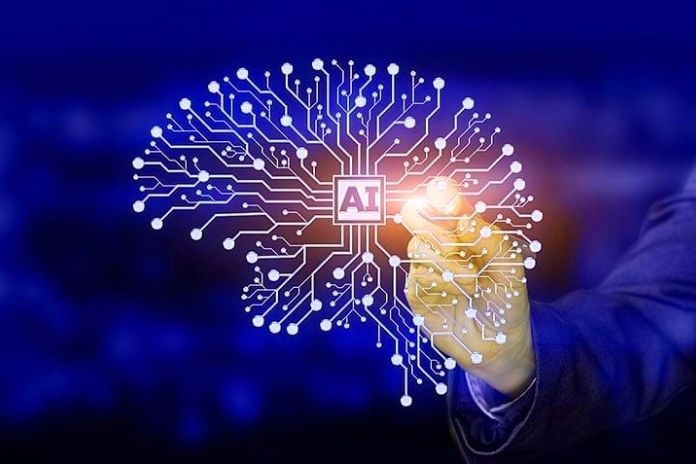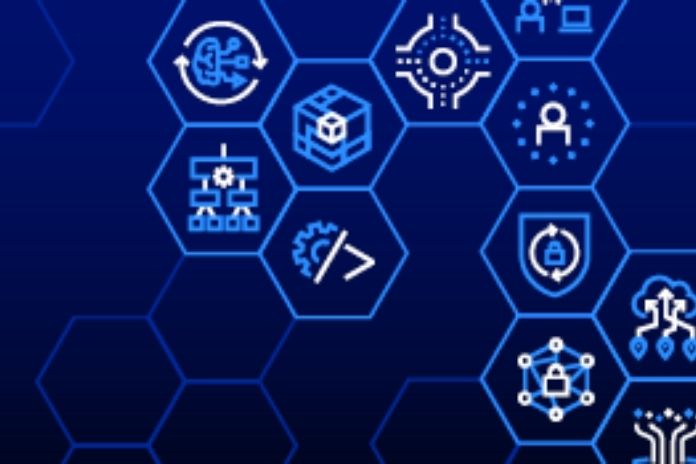AI: It hides in our smartphones, computers, and connected objects to simplify our lives. If it has developed a lot in recent years, the best is yet to come. In the meantime, here are five concrete benefits of artificial intelligence.
Artificial Intelligence Sorts Data
Because it can absorb vast amounts of data, AI makes it possible to organize, sort, and give meaning to this information according to specific formulas defended by GAFAM as industrial secrets. Without AI, it would be impossible to achieve this level of customization on any system. The more data it engulfs, the more efficient it becomes, and the more algorithms can evolve to become efficient.
Artificial Intelligence Facilitates Communication
AI interconnects programs and machines. It plays an essential role in home automation and IoT, for example. It is used in machine-to-machine communication to understand our way of working and our behaviors and adapt to them. Artificial intelligence is also used for voice control and virtual assistants (although they are still very imperfect, they are improving steadily and have the merit of working well for specific tasks).
Artificial Intelligence Saves Lives
In the medical field, AI is increasingly being used for analytical purposes. Thus, she can now review and analyze medical images with precision to detect possible tumors. Its detection rate is close to that of doctors, and above all, it works continuously, 24 hours a day.
AI can also be used to optimize and refine weather forecasts, especially in the case of extreme climatic events with vigorous local intensity (tornado, storm, flood, etc.). By calculating prediction models and refining her work continuously, she is an essential help in making the right decisions at the right time.
Finally, artificial intelligence can also facilitate the work of the police and firefighters to map interventions, identify risk areas to reinforce patrols, and better manage the routes of emergency vehicles in real-time according to traffic, weather conditions, etc.
Artificial Intelligence Is Digitizing Our Ecosystem
AI is used in almost every field. Agriculture becomes connected to intervene only at the right time to limit the use of phytosanitary products and to harvest cereals, fruits or vegetables at the best time. Thanks to sensors implanted in the ground, it can also manage irrigation intelligently and autonomously to deliver the correct quantity of water when needed.
The Smart City is also being built using artificial intelligence in terms of urban planning. The result: better organization based on data, energy savings and better use of budgets. In terms of transport, AI is present in the autonomous car. The latter can happen more or less temporarily for a human driver to arrive safely. Ultimately, when the AI drives vehicles in a secure setting, it is the assurance of safer and smoother road traffic.
Finally, in the business world, artificial intelligence is used to automate the commercial relationship (lead scoring, automation, etc.), the support service (chatbot, virtual assistant, etc.) and financial management (sending of invoices, automatic management of unpaid bills …).
Artificial Intelligence Is More Inclusive
AI does not judge and allows people with disabilities to interact with their environment. It is open to all and opens up new perspectives in terms of communication. People with reduced mobility can communicate by voice with a computer or a smartphone. Eventually, it could automatically translate content between two foreign languages, with a quality close to or equal to that of a human translator.
Artificial intelligence is a field that opens many doors. Whether at the design level, with more technically oriented jobs, or in project management, working with and for AI is an exciting challenge because it is the future technology that will gradually become more implemented in our daily lives.
Also Read: IoT And AI: A Co-Evolution




